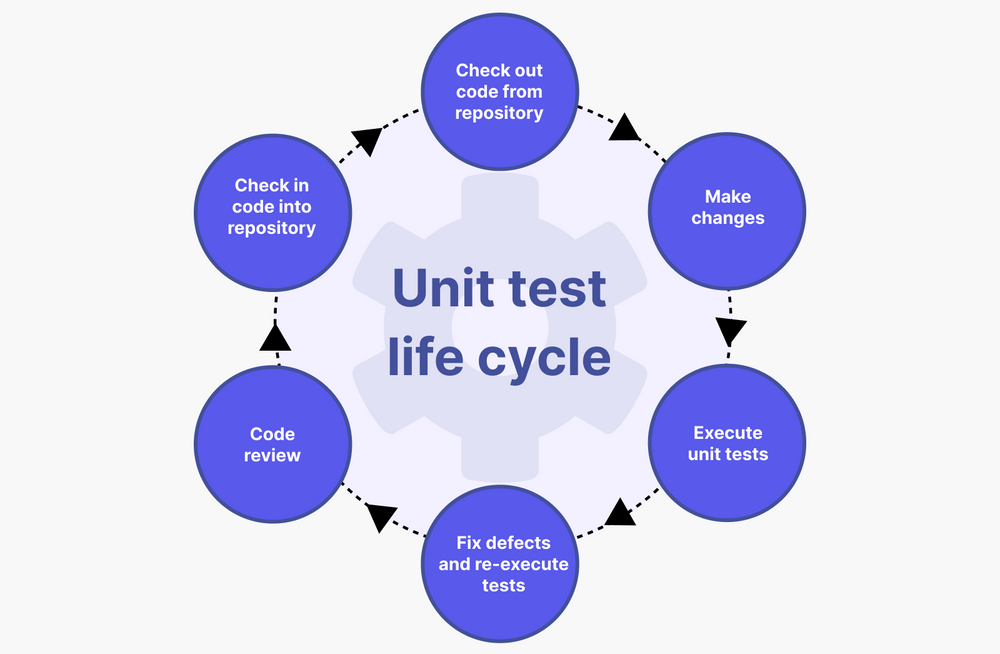Unit Testing
What is Unit Testing?
Definition:
Unit testing automation in technology refers to the utilization of automated processes and tools to enhance the testing of individual units or components of software applications. This practice focuses on validating that each unit of code functions as intended, ensuring the reliability and correctness of the software.
Analogy:
Picture unit testing automation as a meticulous inspector in a manufacturing plant. Just as an inspector rigorously examines each component of a product to ensure quality, unit testing automation meticulously evaluates individual units of code, identifying and rectifying defects before the final software product is assembled.
Further Description:
Unit testing automation covers various aspects of the software development lifecycle, including:
Test Case Execution: Automated tools execute predefined test cases, verifying that individual units of code perform as expected.
Code Coverage Analysis: Tools assess the extent to which the code is exercised by the unit tests, ensuring comprehensive test coverage.
Regression Testing: Automated unit tests can be repeatedly executed to detect regressions, ensuring that changes or updates do not introduce new issues.
Integration with Continuous Integration (CI): Integration of unit tests into CI pipelines automates the testing process, promoting early identification of defects and continuous quality assurance.
Mocking and Stubbing: Simulating dependencies or external systems to isolate units for testing, ensuring a controlled environment for accurate evaluations.
Why is Unit Testing Automation Important?
Early Bug Detection: Automated unit tests identify and rectify defects early in the development process, minimizing the likelihood of bugs persisting to later stages.
Code Maintainability: Ensures that modifications or enhancements to the codebase do not inadvertently introduce errors, enhancing code stability and maintainability.
Facilitates Refactoring: Developers can confidently refactor code knowing that automated unit tests will quickly identify any potential issues.
Time and Cost Efficiency: Automated unit testing accelerates the testing process, reducing the time and resources required for manual testing and bug fixing.
Examples and Usage:
JUnit and TestNG for Java: These frameworks enable automated unit testing for Java applications, allowing developers to write and execute test cases.
PyTest for Python: A testing framework for Python applications, automating the process of defining and running unit tests.
Jest for JavaScript/TypeScript: A popular testing library for JavaScript and TypeScript, facilitating the automated testing of front-end and back-end code.
Key Takeaways:
- Unit testing automation focuses on validating individual units of code to ensure software reliability.
- It includes test case execution, code coverage analysis, regression testing, and integration with continuous integration.
- Benefits include early bug detection, improved code maintainability, and time/cost efficiency.
- Examples of unit testing automation tools include JUnit, TestNG, PyTest, and Jest.





